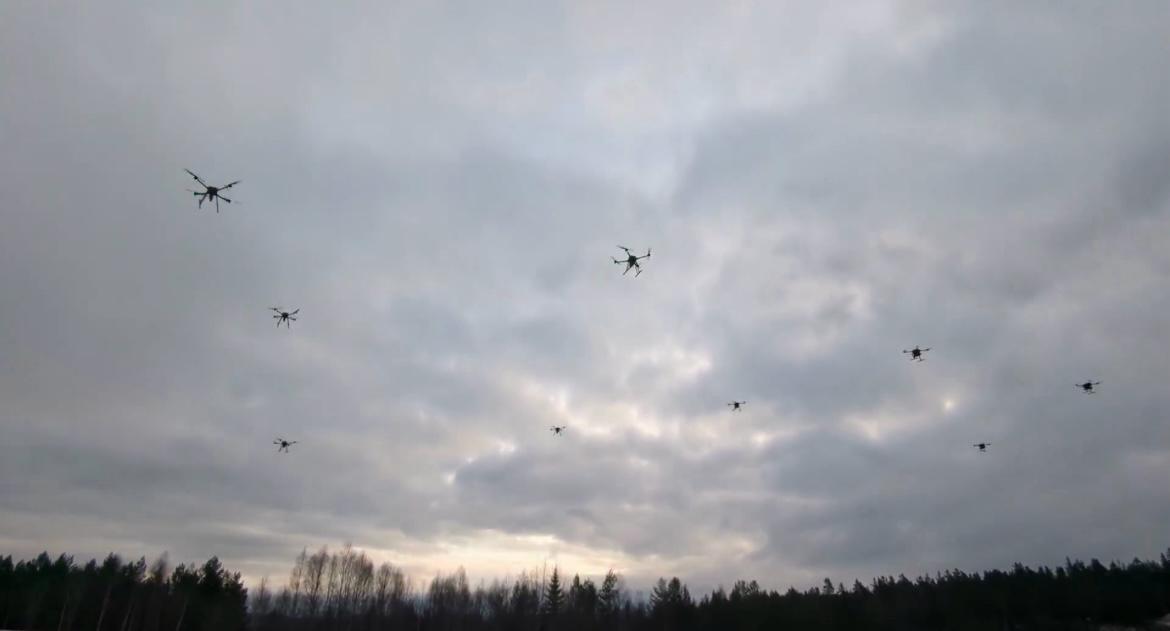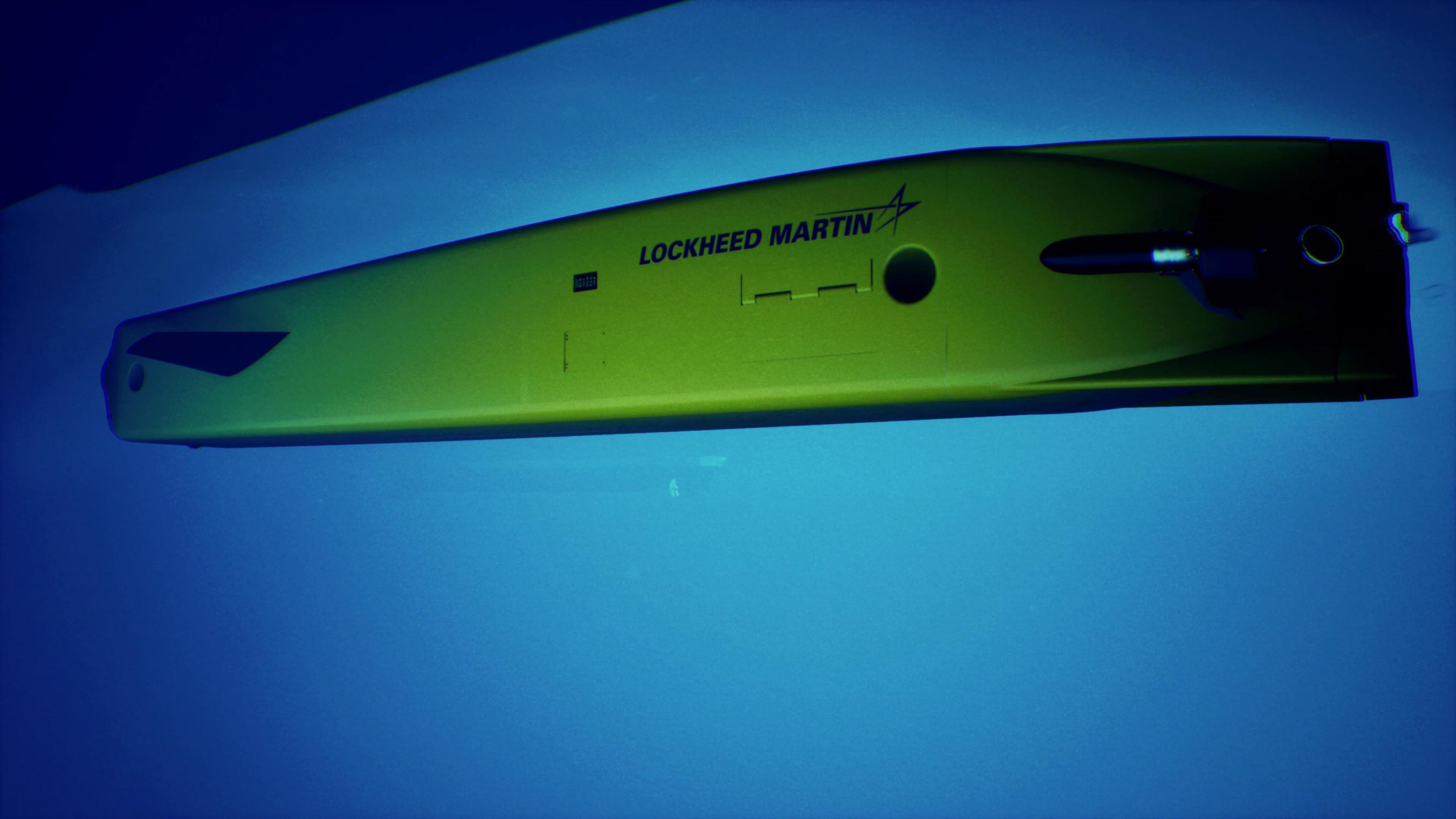
LAS VEGAS—The Space Force this month stood up two new acquisition deltas focused on missile warning and space sensing, marking its next step toward linking the teams that buy satellites with the ones that operate them, the head of Space Systems Command said here July 23.
“Our Space Force is evolving from the establishment phase into a phase where we begin to forge a purpose-built service, matching form and function to achieve unified mission readiness,” Lt. Gen. Philip Garrant said in a keynote speech at Ascend, an annual space industry conference organized by the American Institute of Aeronautics and Astronautics.
The new units, known as system deltas, will be responsible for buying, building, and launching satellites to fulfill the Space Force’s missile warning and space sensing missions.
They will be matched with mission deltas, the Space Operations Command units that handle daily operations in those same areas, Garrant said. The ops units are also tasked with sustaining the hardware and software for those missions—paying for the maintenance, improvement, and eventual disposal of the satellites.
The change is designed to organize the Space Force around mission areas like missile warning, rather than functional areas such as intelligence or cyber effects. By matching the teams that buy systems with the teams that use them, the service aims to close the gap between operations and acquisition, ensuring that operational needs are driving the development of new systems.
Pairing ops and acquisition units together also aims to solve problems without getting top brass involved, Garrant said. Rather than requiring the three-star heads of Space Systems Command and Space Operations Command to hash out issues with equipment in use or in development, he told reporters, two colonels will work together to find solutions at the delta level.
With “collaboration happening at such a low level, the programs and the capabilities are moving much faster,” Garrant said.
The Space Force stood up Space Sensing System Delta 84, led by Col. Stevie Medeiros, and System Delta 810, led by Col. Dane Bannach, on July 10, the service said in a release. The Space Force now has four such units, including the first two established in December 2023 for electromagnetic warfare and position, navigation, and timing.
Space Systems Command will stand up six more system deltas over the next few months, Garrant said. The additions are not expected to require more staff.
The changes may also help the command manage its share of the $10 billion the Space Force received in Republicans’ recent tax-and-spending package, known as the “One Big Beautiful Bill,” because so many of its experienced civilian employees have left.
The command has lost 450 civilian staffers who accepted the terms of the Pentagon’s deferred resignation program earlier this year, Garrant said. The program, intending to downsize the federal workforce, allows employees to take paid administrative leave until the end of September while their positions are consolidated or cut.
That’s hit the command’s contracting expertise hard, Garrant said, spurring the Space Force to explore where it could choose faster, less cumbersome paths to acquisition.
“We will absolutely execute the money, but we want to do it effectively and efficiently,” he said. “Obviously, when you have more work and fewer people, you’ve got to do things differently.”
The Space Force’s acquisition cadre is shrinking as the service takes on a central role in launching President Donald Trump’s vision of a Golden Dome missile defense shield to protect the homeland. The multibillion-dollar project is expected to rely heavily on military space sensors and a new array of missile interceptors orbiting the Earth.
Garrant said Space Systems Command will shake up its staff assignments to support the massive initiative as it takes shape.
Last year, the command began considering whether its program offices were adequately staffed based on the complexity and cost of the systems they manage. Officials will shuffle resources in response to the findings, Garrant said.
“We’ll do the same thing to support Golden Dome,” he said.
The post Space Force Acquisition, Ops Units Team Up for More Capable Satellites appeared first on Air & Space Forces Magazine.

Space, acquisition, deltas, golden dome, military space, Philip Garrant, Space Systems Command
Air & Space Forces Magazine
[crypto-donation-box type=”tabular” show-coin=”all”]





